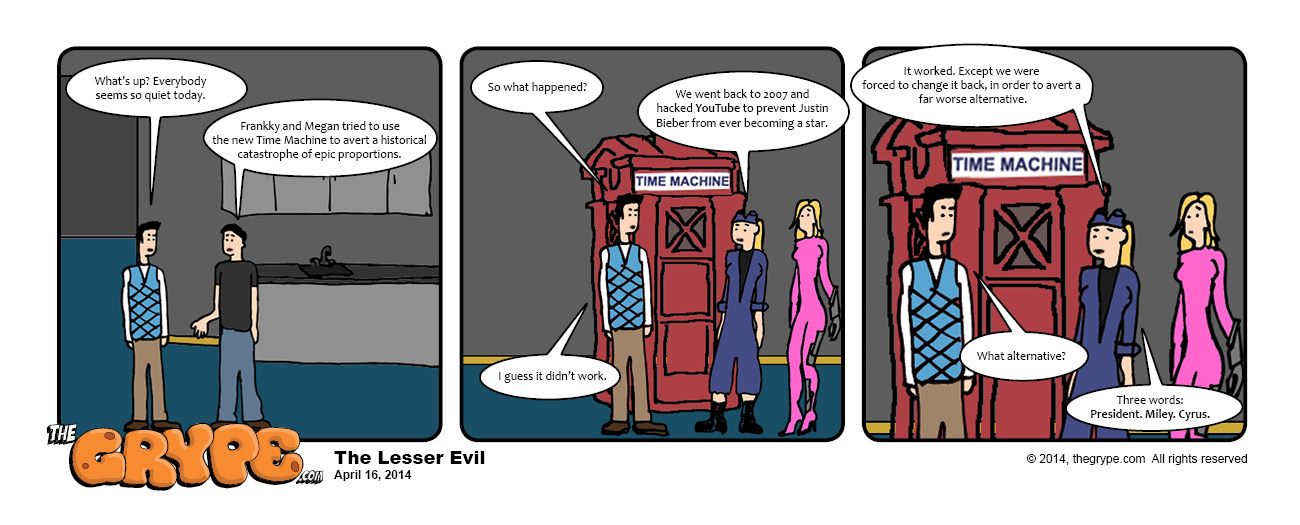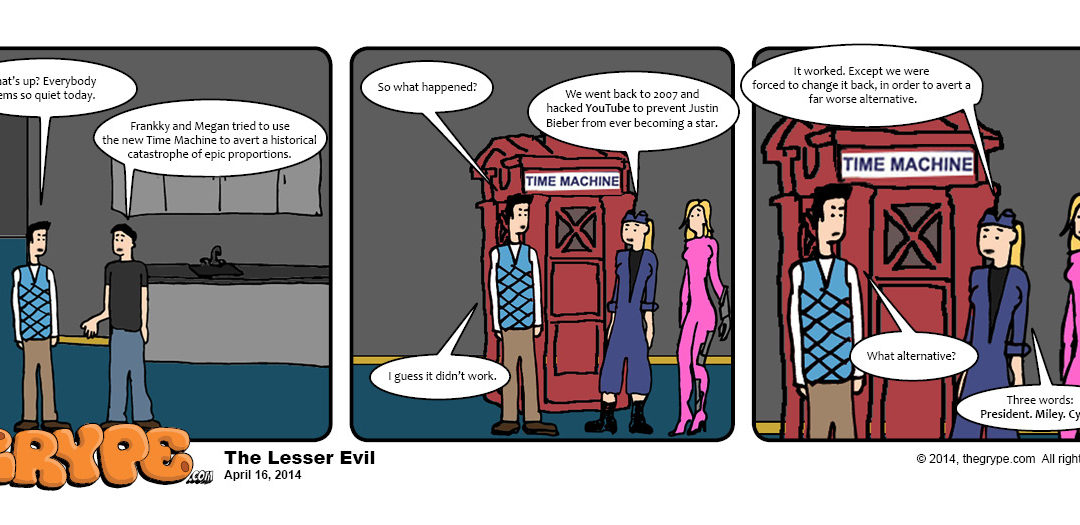
Last Saturday marked the one-year anniversary of a great moment in Obama-era legislative cooperation. Since the Great Gingrich Polarization of 1993, usually every piece of legislation introduced to Congress for discussion swiftly gets buried under pork and swamped by partisan bickering, and since ’08, Congressional animosity has maintained a constant state of deadlock on all but the most innocuous of actions. But that didn’t stop all parties on both sides from repealing a certain law last April: the Stop Trading on Congressional Knowledge (STOCK) Act, a law—less than a year old— designed to prevent insider stock trading among lawmakers and government officials by requiring them to publicly post disclosures of their financial transactions online.
If there’s one thing that our Congressmen can agree about, it’s that they don’t want the public to know what they do with their money behind closed doors.
See, after a scathing 2011 television investigative report by 60 Minutes demonstrated how members of Congress were unfairly profiting by selling stocks and bonds using inside information (which is DEFINITELY a criminal offense, when committed by a non-Congressional member of the tax-paying public), members of Congress were revealed to be trading healthcare securities during the debate on Obamacare and financial securities during the bank bailouts. Such Congressional luminaries as Nancy Pelosi, John Boehner, and Spencer Baucus ALL allegedly benefited from trades involving legislation they have worked on. When the TV report aired there was a public outcry and backlash, and many demanded reform of the system.
The result was the creation of the STOCK Act, which included provisions forcing financial disclosures from senior executive and congressional staff… and requiring members of Congress, their aides, and other federal employees making more than $119,554 a year to disclose their financial dealings in an online public database.
Upon signing the STOCK Act into law in April 2012, President Barack Obama said (very publicly and triumphantly): “The idea that everybody plays by the same rules is one of our most cherished American values. It’s the notion that the powerful shouldn’t get to create one set of rules for themselves and another set of rules for everybody else, and if we expect that to apply to our biggest corporations and to our most successful citizens, it certainly should apply to our elected officials— especially at a time when there is a deficit of trust between this city and the rest of the country.”
Well, a year passed and all the hoopla died down. The rabid muckrakers of the American press and media moved on to other gritty scandals of the day.
And then— less than a year after Obama signed the STOCK Act, in April 2013— Congress quietly and oh-so-efficiently repealed a great big chunk of it.
So… to do so, in the midst of the worst legislative gridlock in American history, GUESS HOW LONG IT TOOK for THAT PARTICULAR LAW to get repealed by BOTH HOUSES OF CONGRESS?
It was repealed without debate—UNANIMOUSLY— in 14 seconds for the House of Representatives, and then again, in about 10 seconds in the Senate (according to official records).
And guess what? President Obama immediately signed the repeal, quietly and without a word to the press. Hooray for transparency, am I right?
Now, in the interest of fairness, the following is true: despite the repeal, government officials will still have to file disclosures of securities trades over $1,000 within 45 days, EXCEPT they no longer have to file them in a searchable database that was to be easily accessible to the public. The complaint against the online database was that it constituted a security risk, since— unlike requesting access to paper Federal documents available to the public and filed away in a records repository— the online database would have been too fast, and too easy, for the general public to use. Can’t have that now, can we?
Of course, it’s nice to see our hardworking Congress finally getting together and cooperating for a change. We haven’t seen so much cooperation since the last time they gave themselves surprise automatic perpetual pay raises without telling anybody.

